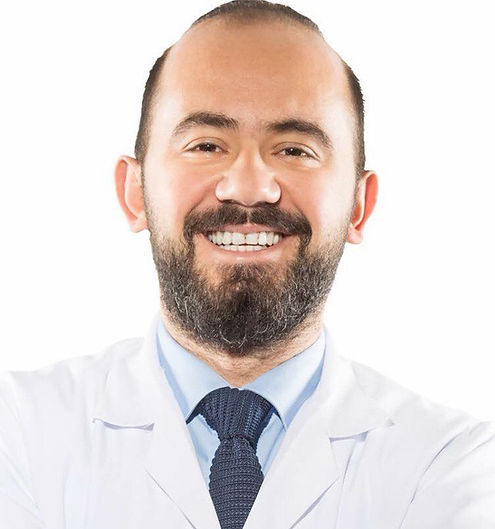
Snore
Snoring and Sleep Apnea
Snoring may seem like a condition that primarily affects those around the individual, but advanced snoring can be indicative of a much more serious health problem, such as sleep apnea. Snoring is caused by the vibration of the soft tissues in the throat during breathing while asleep. The resulting sound is what is referred to as snoring.
People who snore are often not bothered by this condition, and a visit to the doctor usually occurs when those around them become disturbed. However, intermittent cessation of breathing or snoring that leads to the person waking up are symptoms of a condition called sleep apnea. Sleep apnea is a serious condition that must be treated, as it can lead to issues such as death, stroke, heart failure, heart attack, respiratory failure, sexual dysfunction, fatigue, and attention deficit.
The tonsils, uvula, and soft palate in the throat area become relaxed during sleep due to the loss of muscle control. This causes difficulty in breathing. With each breath, the soft tissues vibrate, creating a sound known as snoring. Snoring can occur, especially in the supine position, with excess weight, alcohol or tobacco use, after a tiring day, or as a result of nasal congestion due to a simple infection. All these factors lead to the narrowing of the upper respiratory tract and, consequently, snoring with each breath.
How is Snoring Treated?
Some types of snoring can be eliminated with simple solutions such as changing sleeping position, sleeping with a high pillow, and losing excess weight. The simplest answer to the question "What is the solution to snoring?" is these solution suggestions. If snoring persists despite these recommendations, the person should definitely see an ENT specialist. Thus, the factor causing snoring is identified, and treatment is arranged. In some individuals, snoring occurs as a symptom rather than a condition. Snoring, which is one of the symptoms of sleep apnea, is a serious health problem that needs to be thoroughly examined in a sleep laboratory.
What is Snoring Surgery?
Techniques known as snoring surgery can be applied to some patients depending on the cause of snoring. First, if there are problems related to the nose, they should be treated, and procedures such as fixing movable tissues, widening the airway, and shortening the uvula can be performed.
What is Sleep Apnea? What Are the Causes?
Sleep apnea is the intermittent cessation of breathing during sleep. The cause of sleep apnea is the relaxation of soft tissues in the airway, which blocks the airway during sleep. Symptoms commonly seen in the presence of sleep apnea include snoring, frequent urination, reflux, and sweating.
Sleep Apnea Test
Polysomnography is a test performed in a sleep laboratory. During the test, various parameters such as the person's brain waves, eye movements, pulse, oxygen level, and the amount of airflow in the breath are measured.
What is a Sleep Apnea Device? How Does it Work? Who Is It Given To?
CPAP (Continuous Positive Airway Pressure) is a device that keeps the airway open by delivering positive pressure to the airway. The device, used with a mask during sleep, is given to individuals experiencing sleep apnea and respiratory distress.
Sleep Apnea Treatment
Treatment for sleep apnea can be achieved by losing excess weight, and in appropriate cases, surgical intervention may be performed. As sleep apnea can result from different causes such as obesity, anatomical narrowness, the first step is to investigate the underlying cause of sleep apnea.

